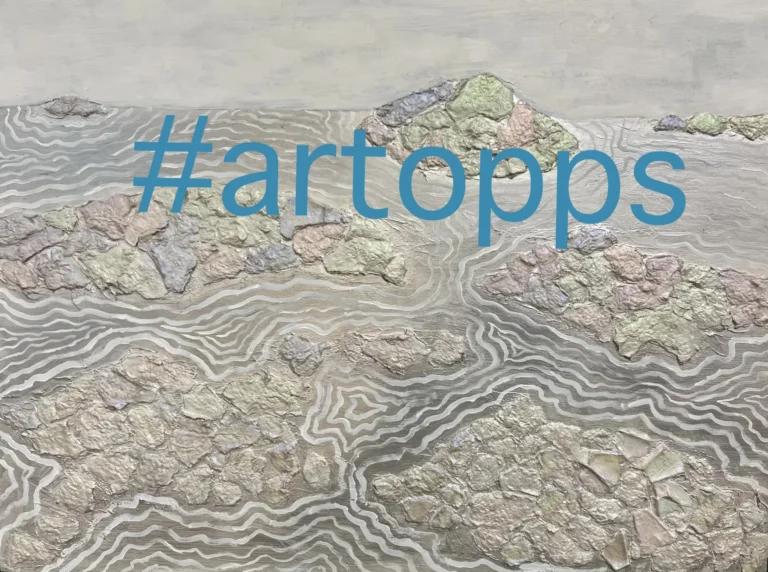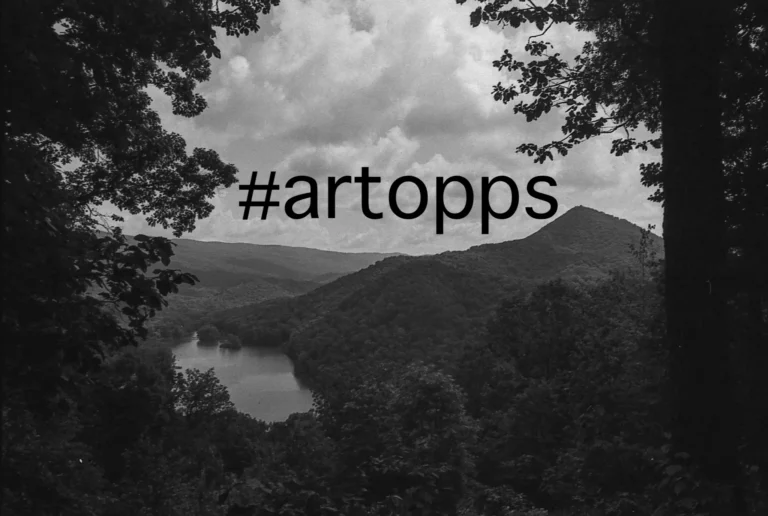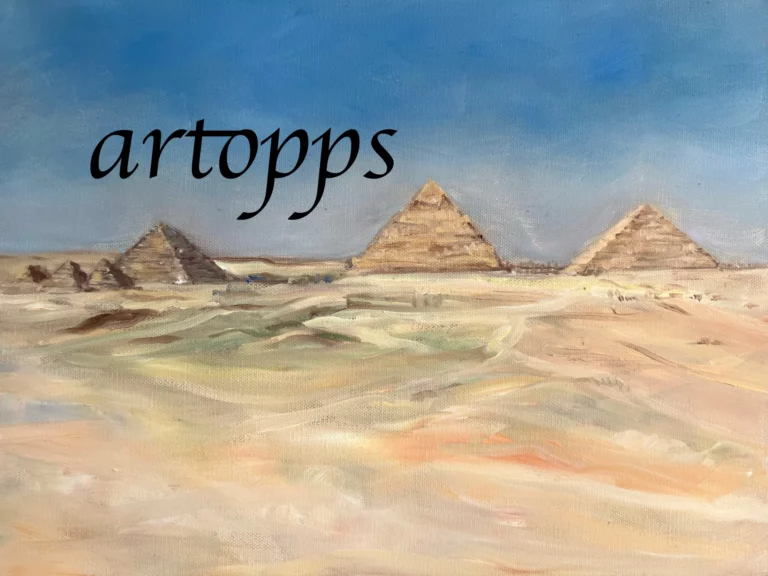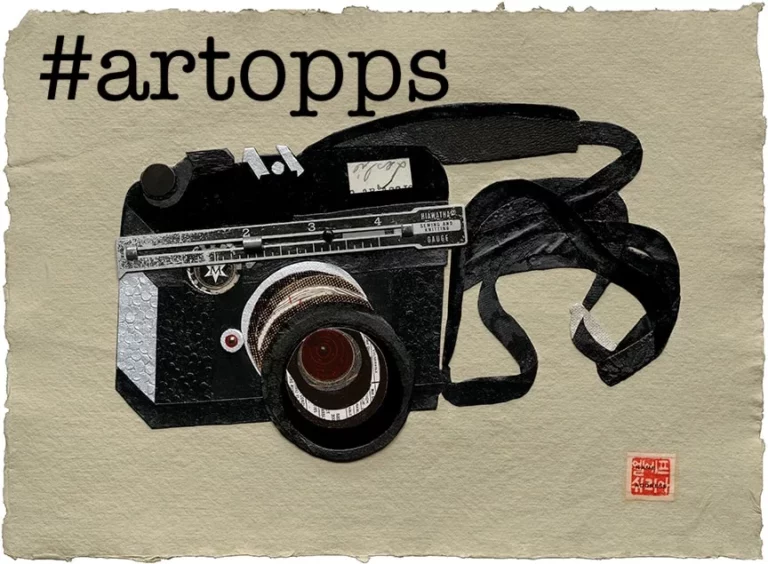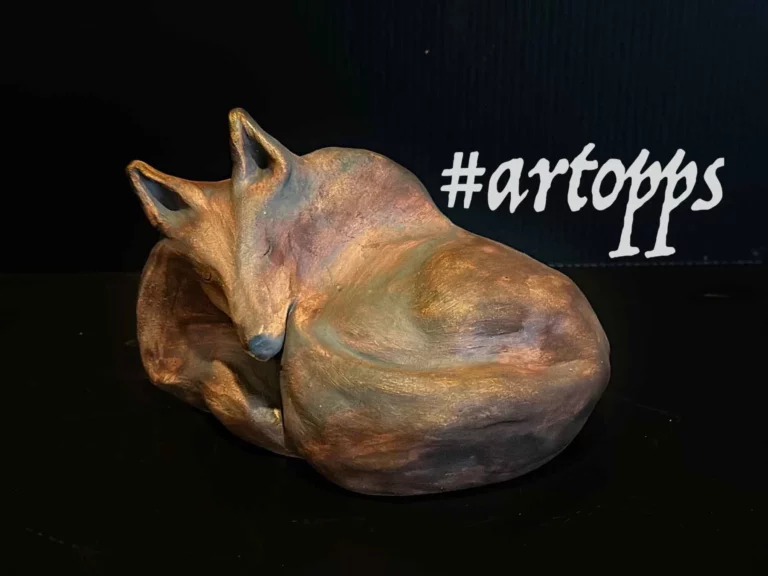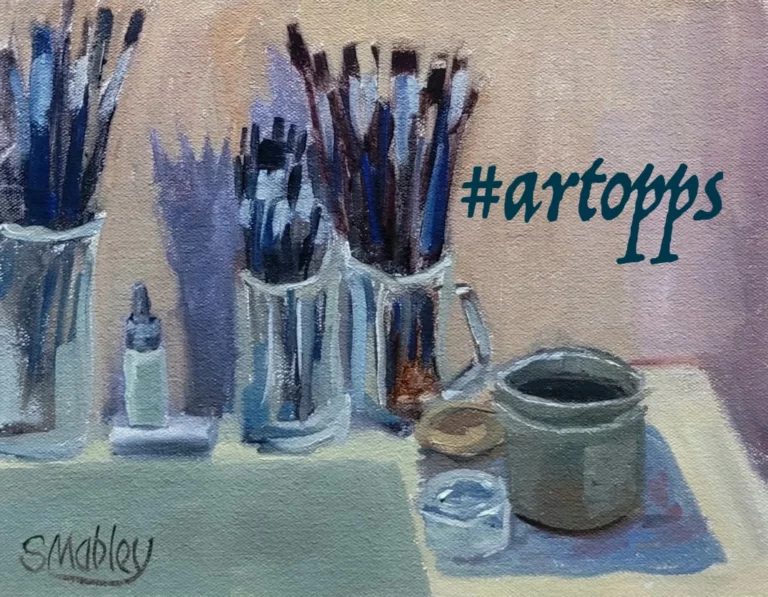Q&A with Award Winner Kathlyn J. Avila
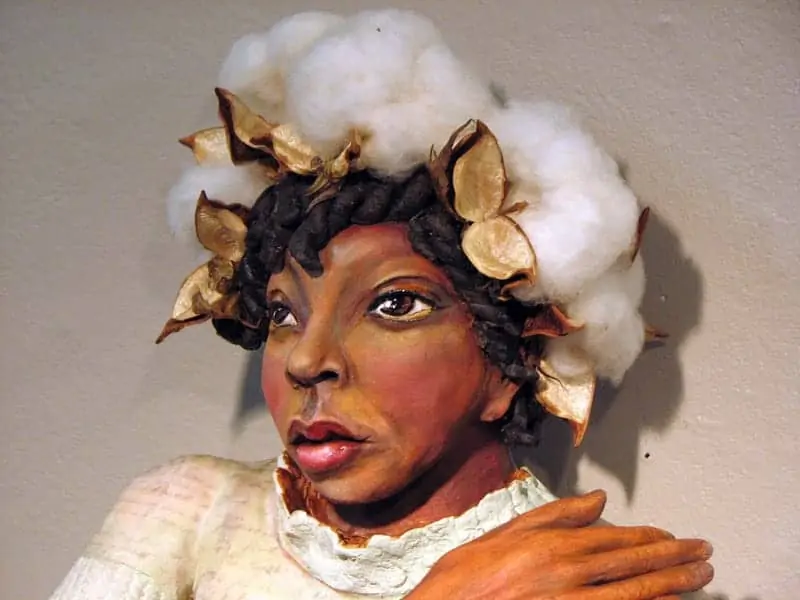
Among the stories, commentaries, and multi-layered messages in our June exhibit, “(CON)text,” one piece stood out to juror John James Anderson: A Common Thread, which tells its story through vintage photos, manuscripts documenting slave transactions, antique fabric, and clay and cotton. Anderson selected the piece for the Urquhart Award for best in show.
The artist, Kathlyn James Avila, told us more about her figure work, her influences, her love of mixed media, and the heritage and sacrifice represented in A Common Thread. It’s all in our Q&A, below.

Since the show this month is about work with a message, what does this sculpture mean to you?
Kathlyn James Avila: The message of A Common Thread is to give homage to the many African American children that had to work in cotton fields. Too often, those children were not recognized as being beautiful and having the opportunity to be dressed in fine laces and adornment. My figure was inspired by actual photos of children that had to work in cotton fields or on farms because of enslavement or the necessity in helping their families economically. As an African American, our common thread, for the most part, extends from our forefathers and mothers that had to make sacrifices during their childhood to empower our lives throughout each generation.

What was your inspiration, or how did the piece come about?
As an art teacher for twenty years, I quickly learned the importance of children being able to see positive depictions of themselves in art. My inspiration came from beginning at the source of where many children never had the privilege of seeing or knowing their own beauty. Before I began creating in clay, I created cards, quilts, and dolls using vintage photos, antique laces and beads. As I slowly changed over to ceramic figures, I was challenged with how I would incorporate my love of multi-media with ceramics. The theme of this show gave me the perfect visual of what I’ve been working towards.
What’s the source of the photographs used in the piece?
I have been collecting vintage photos for many years, photos that were taken during slavery as well as old family photos. I get lost in the moment and the story each photo tells. I also love the look of vintage manuscripts, the handwriting, the yellowing of the paper, and the images those documents conjure up. The text that is incorporated in the bodice of the dress of A Common Thread, are photo transfers of documents that were written about slave and cotton transactions. In addition to collecting vintage photos, I also collect antique laces and trim, especially those that were made in the late 1800s and early 1900s. One specific piece of cotton trim that was given to me and included in this piece was from a dress of a friend’s great grandmother born in the 1880s. The cotton threads, made into pretty little dresses, fancy cotton crocheted trim, delicate tatted cotton embellishment, and fine pearls, were symbols of simple elegance and purity.

You’ve had other, similar clay figures in the Gallery in the past, and you also make dolls. What’s your goal when you create a figure like this one? What was your goal with A Common Thread specifically?
Art is all about the senses. When I create my dolls or ceramic figures, my goal is for their character to stimulate a memory or feeling in the viewer’s mind and heart. This feeling should be identifiable with uplifting experiences.
What draws you to work with clay? Fabric? How do the materials contribute to the message?
Whether I work with clay, fabric, beads, or all of the above, more is better. I love for my pieces to be very textural so the viewer can’t resist touching it. Visually, I want to stimulate the mind, stir up one’s curiosity of what can be intended with the facial expressions and the symbolism of materials added.
What is your creative process like, from an idea to a finished piece?
Before I begin a sculpture, I think about what story or concept do I want to tell. Although I may have a general idea of where I want to go with the figure, I will start with the face and head first and then let the piece “birth” itself. “She” will intuitively tell me what direction to go in. With some of my figures, I will research other cultures and the symbolism used to tell a deeper story other than just the obvious. Clay is such a wonderful material. I am constantly looking for new ways to construct with it to express detail and movement.

What places or artists have influenced you?
My travels especially to Africa, South America, and Mexico have influenced my art the most. Color, architecture, textural detail and symbolism have all enhanced how I express myself. Artists that are considered “folk artists” give me the most inspiration. To create from the spirit and materials accessible by locality has an inner depth that touches me in a way that makes me soar. As I have learned throughout my travels and research of indigenous artists, their art can encompass significant meanings of giving homage, healing, and strength. I have considered myself a “folk artist” because I too try to create and embody deeper meanings into my art.
What are you working on now?
As I continue to read and research about tradition, rituals, and spirituality in my culture and others, I am working on new concepts to design sculptures that will continue to teach, tell stories, and evoke memories.
Can't get enough?
Sign up for our weekly blog newsletter, subscribe to our RSS feed, or like us on Facebook for the latest Art League news. Visit our homepage for more information about our classes, exhibits, and events in Old Town Alexandria, Virginia.

